If you love Brussels sprouts, you'll probably want to share with your little one! Here is everything you need to know about safely serving Brussels sprouts for baby led weaning, including how to cut Brussels sprouts for babies and best cooking methods.
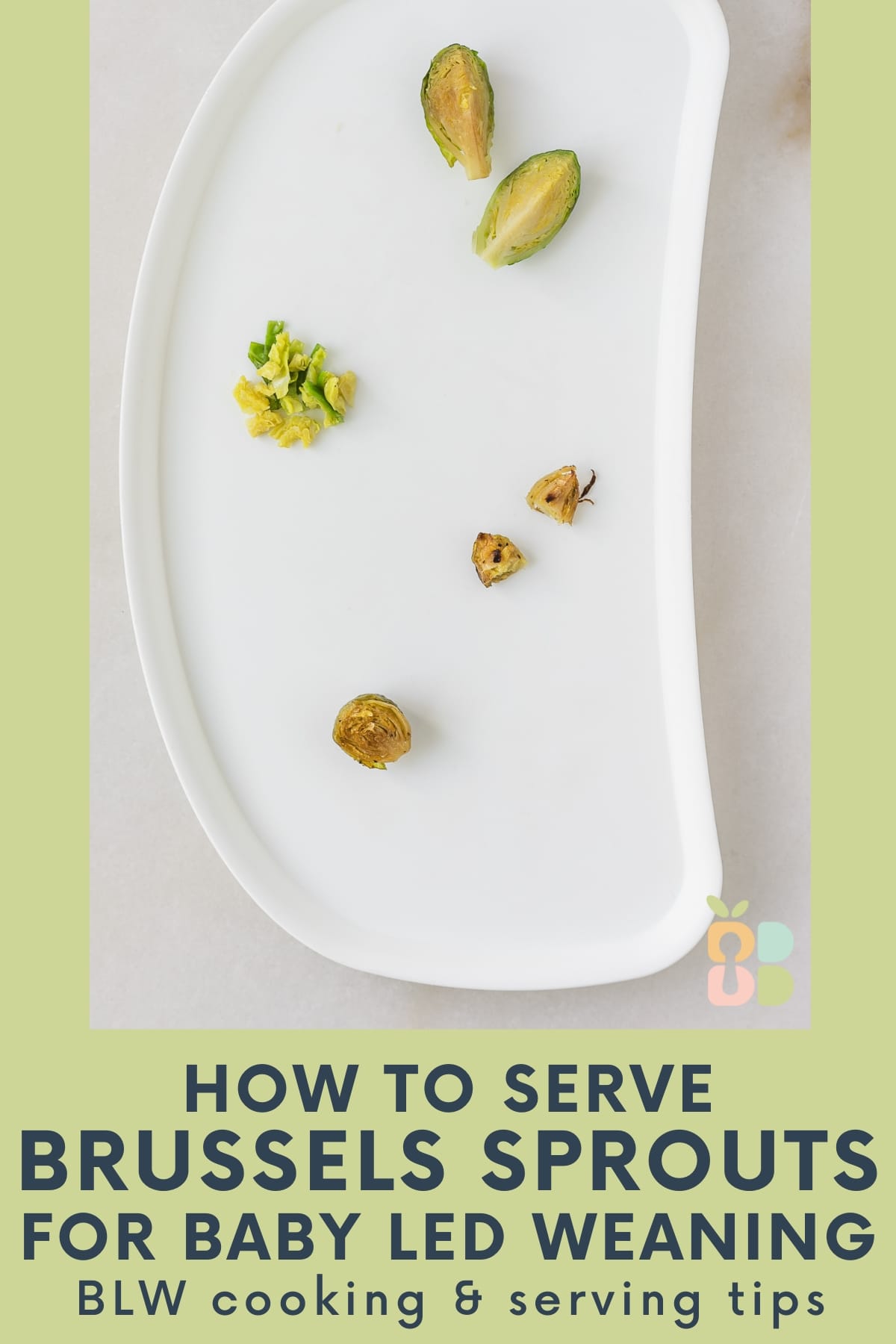
Brussels sprouts are a veggie that most people either love or hate. (My family is on team love.) You may be wondering how to share the tiny green sprouts with your little one using a baby led weaning approach. Not to worry, it can be done safely! Here's everything you need to know about offering Brussels sprouts to your BLW baby.
Jump to:
Can Babies Eat Brussels Sprouts?
Yes! As soon as babies are developmentally ready for solids, usually around 6 months of age, they can eat Brussels sprouts that have been cooked until soft and cut in an appropriate manner.
Baby Health Benefits
Brussels sprouts are part of the Brassicaceae family, which includes vegetables like cabbage, kale and cauliflower. This family of vegetables is incredibly healthy, containing powerful phytochemicals with all kinds of benefits, but especially known for cancer-fighting properties1. Brussels sprouts are incredibly nutrient dense, and are high in vitamin C, vitamin K, folate, and choline. They also provide vitamin A, B vitamins, potassium, iron, magnesium, and phosphorus2. So they contain most vitamins and minerals we need!
How To Serve Brussels Sprouts for Baby Led Weaning
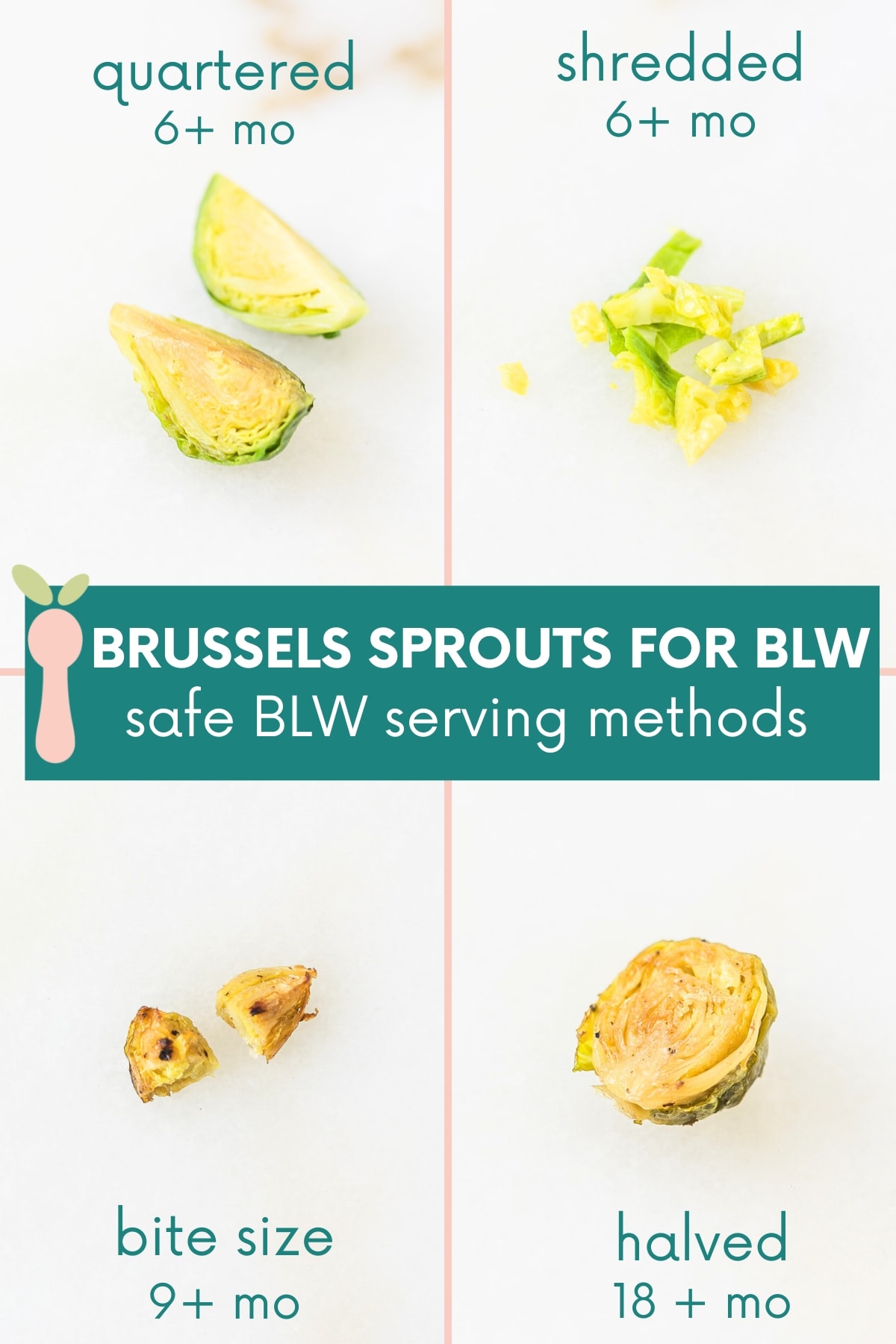
Before serving to baby, Brussels sprouts must be cooked until soft. This probably means cooking them past the point that most adults enjoy them. I know I prefer crispy Brussels sprouts, not mushy ones; but for baby, they must be soft enough that you can mash them between your thumb and index finger. For younger babies, you'll want to offer bigger pieces that they can easily grasp, while older babies can have them cut into smaller pieces. Here is how to cut Brussels sprouts for babies by age:
1. Quartered (6+ months)
Offer Brussels sprouts that have been cooked until very soft and quartered from top to bottom. This makes it easier for baby to grab with a fist and nibble on since he doesn't yet have the hand dexterity to pick up tiny pieces. You'll want to make sure the Brussels sprouts are large for this stage, since smaller pieces will be harder to pick up and may frustrate baby.
2. Shredded (6+ months)
You may also offer cooked, shredded Brussels sprouts at this stage. Shred them small, cook until very soft, and offer in a rimmed bowl or plate so baby can scoop them up with his hands, or offer on a pre-loaded soft spoon. You can also stir shredded cooked sprouts into other soft foods, such as mashed potatoes or scrambled eggs.
3. Bite-sized pieces (9+ months)
Once baby develops a pincer grasp, you can cut soft-cooked Brussels sprouts in very small bite size pieces, about the size of your pinky nail. Let baby practice picking them up with index finger and thumb, or offer a fork for utensil practice.
4. Halves (18-24+ months)
Once baby shows matured eating skills - can take bites, easily maneuver food around his mouth, doesn't over-stuff the mouth, chews well before swallowing - you can start to offer halved Brussels sprouts and sprouts that are a little less done. Make sure to coach baby to take bites and chew well.
How to Prepare Brussels Sprouts for Babies
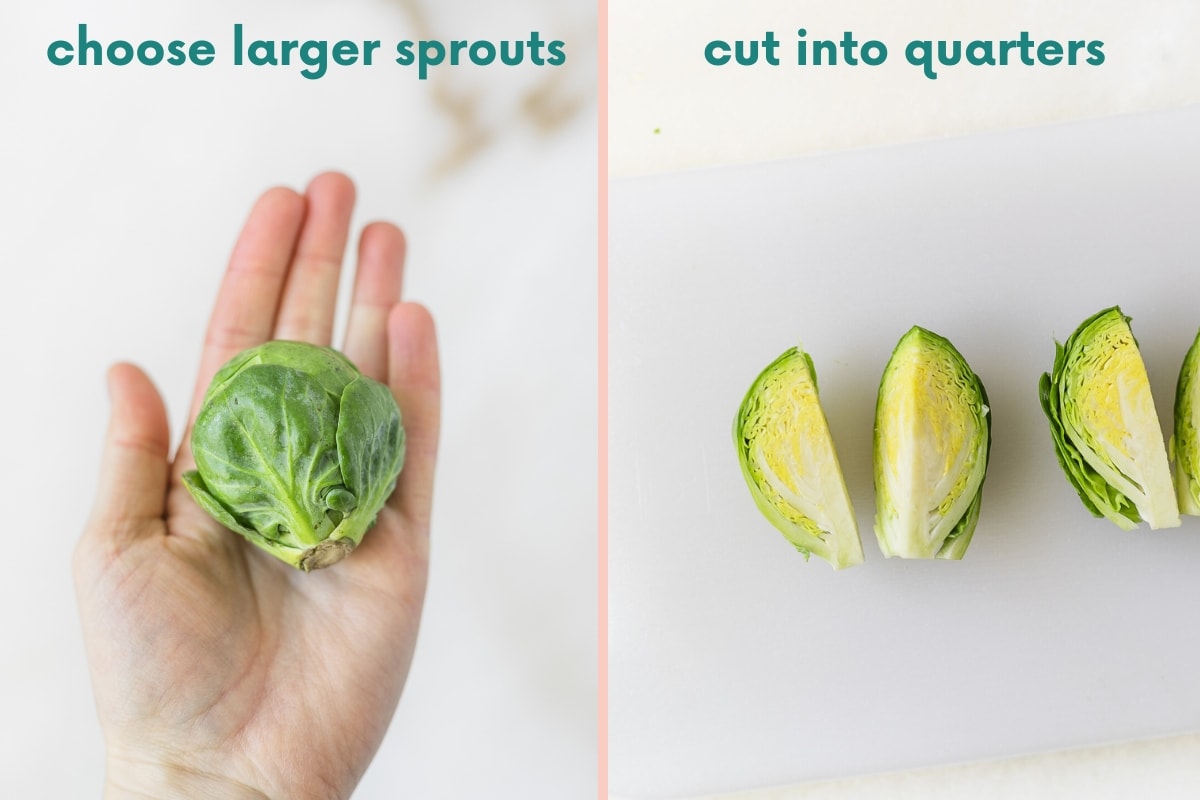
Generally, it's best to pick out smaller Brussels sprouts for the best flavor. HOWEVER, for young babies (about 6-9 months), choose larger sprouts - the biggest you can find. This reduces the choking risk and allows the quarters to be long enough for baby to grasp more easily. If you're offering shredded or bite-sized pieces, the size won't matter any longer.
Trim off the bottom woody ends, and cut the Brussels sprouts into quarters from stem to crown before cooking, or at least in half before cooking, and then finish quartering before serving to baby.
If you are offering shredded sprouts, you can shred before or after cooking, depending on the method. For bite-sized pieces, cut them after cooking.
Recommended Cooking Methods
Steam-sautèing - I love this method of cooking vegetables for babies, because you still get nice flavor and safe texture for baby without the sad, limp taste and feel you may get from boiling. Simply add a little oil to a skillet, add your Brussels sprouts and any seasonings, such as minced garlic or grated ginger, and cook, stirring for a few minutes until the sprouts have a little color. Then add a splash of water or broth to the skillet, cover with a lid, lower the heat, and let the sprouts steam until soft.
Roasting - This is my favorite method for cooking Brussels sprouts for the family. While I typically crank up the heat, if I'm roasting for baby, I'll go with about 400°F. Toss halved or quartered sprouts in a little oil and any seasonings you like, then spread on a baking sheet lined with a silicone baking mat or parchment. A cast iron skillet also works well. Roast until sprouts are tender, stirring once, anywhere from 10-20 minutes, depending on size and your oven. Remove any crispy or tough outer leaves before serving to baby.
Steaming - Steaming is not my favorite for Brussels sprouts if I'm making them for the whole family, but it is easy. Add halved, quartered or shredded sprouts to a steamer basket and place in a pan of simmering water. The water level should not touch the food in the basket. Cover and let steam until sprouts are soft. The time will depend on the size of the sprouts and how large they are cut, anywhere form 5-10 minutes.
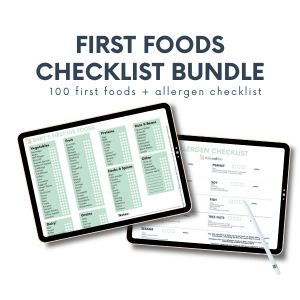
Track your baby's journey through starting solids! Get my 100 First Foods Checklist and Allergen Checklist Bundle today!
FAQ
No. Allergies to Brussels sprouts are possible but rare. Those with Oral Allergy Syndrome may react to Brussels sprouts, especially if they react to other brassica vegetables.
Yes, because Brussels sprouts are small, firm and round, they can be a choking hazard. Ensure that they are always cooked and cut in an appropriate manner as outlined above. As with any food, always supervise baby closely when eating and take time to familiarize yourself with choking vs gagging and infant first aid.
Brussels sprouts and other fibrous vegetables can cause gas if eaten in large amounts. Start with a small amount of these foods at first. If baby is gassy but doesn't appear uncomfortable, don't worry about it! If baby shows signs of discomfort, reduce the amount offered at a time.
Yes! Frozen Brussels sprouts can be great. The texture of frozen vegetables is often a little softer, which is good for babies. Make sure frozen sprouts don't contain added sauces, and follow the serving guidelines outlined above.
You can offer raw, finely shredded Brussels sprouts when you feel comfortable with baby's eating abilities, but not before 12 months. Be sure to sift through and pick out any larger pieces.
Resources


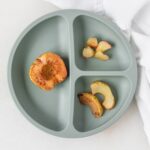


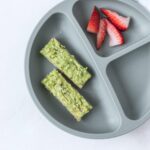
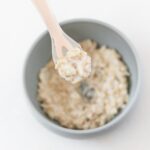




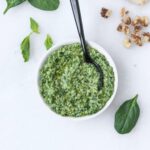

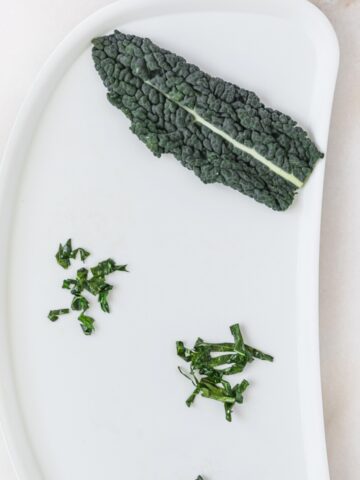
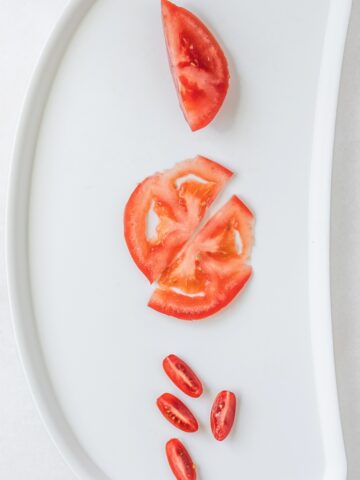
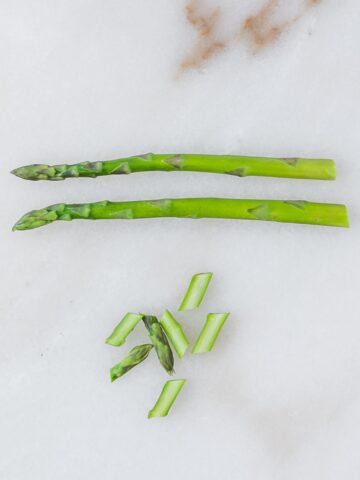
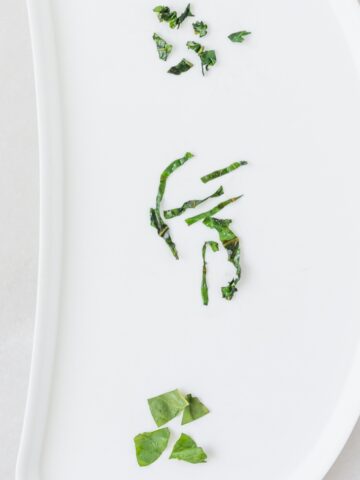
Leave a Reply